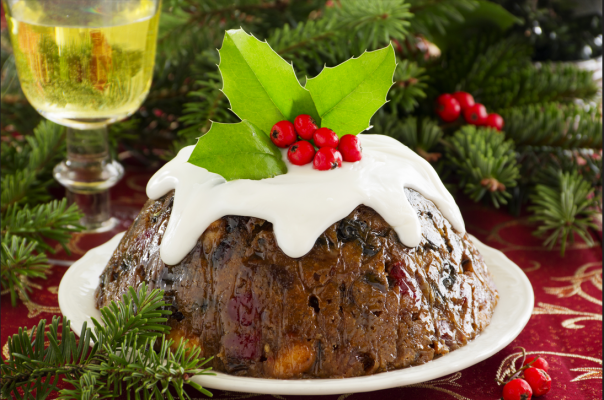20th Dec 2024 - 07:00
Image

Abstract
We asked Chat GPT for Christmas related food facts. Here is a collection of our favourite facts featuring Christmas treats such as mince pies, mulled wine and gingerbread.
- Fruitcake: Fruitcakes date back to ancient Rome, where they were made with pomegranate seeds, pine nuts, and raisins. They evolved over time into the Christmas fruitcake we know today.
- Gingerbread: Gingerbread cookies became popular during the 16th century in Germany and were originally used to decorate homes and churches for the Christmas season.
- Candy Canes: The shape of the candy cane is said to represent a shepherd's crook, and they were originally made as a way to keep children quiet during church services.
- Mince Pies: Mince pies originated in medieval England, where they were filled with a mixture of meat, dried fruits, and spices. Over time, the meat was replaced by fruit.
- Pudding: Christmas pudding, also known as plum pudding, has been a Christmas tradition in England since the 14th century. The dessert was originally made with meat, but now it is a sweet dish.
- Yule Log Cake: The Yule log cake, or bûche de Noël, is a French dessert resembling a log. It was inspired by the practice of burning a Yule log in the fireplace during the holiday season.
- Mulled Wine: The tradition of drinking spiced, warm wine dates back to ancient Rome, where wine was flavoured with spices and heated during the colder months.
- Christmas Ham: In many cultures, Christmas ham is a staple. The tradition of serving ham at Christmas became popular in the 19th century in Europe, especially in places like Sweden and the United States.
- Cranberries: Cranberries are a symbol of Christmas in North America and have been a traditional part of holiday meals since the early 19th century. They’re commonly served as sauce or in desserts.
- Sufganiyah: A traditional food for Hanukkah, these jelly-filled doughnuts are also enjoyed during the Christmas season in some cultures, particularly in Israel.
Category